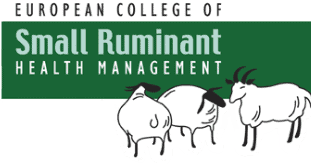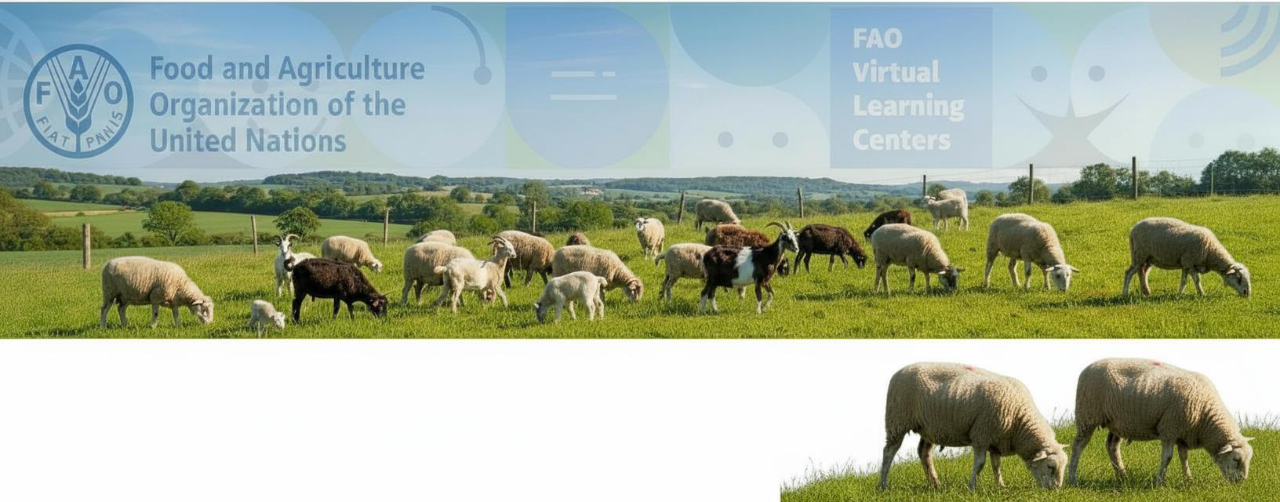Webinar PPR in Europe – Emergency preparedness and response

LINK TO WEBINAR RECORDING:
The Webinar on PPR in Europe held on September 11, 2024, has been made available to everybody for viewing at this link:
Please share this link with your small ruminant clients, veterinary colleagues and other stakeholders. PPR may be easily misdiagnosed (e.g., bluetongue, pneumonic pasteurellosis, orf, gastrointestinal parasitism) so it is important recognize potential cases early and have appropriate diagnostics performed.
From the previous post for background: With a yearly socio-economic impact of USD 2.1 billion, Peste des Petits Ruminants (PPR) threatens about 80 percent of the global 2.7 billion small ruminant population and is endemic in Africa, the Middle East and Asia. The PPR Global Control and Eradication Strategy (PPR GCES) was approved by FAO and WOAH in 2015 under the umbrella of the Global Framework for the Progressive Control of Transboundary Animal Diseases (GFTAD). Since 2017, the PPR GCES is operationalized through the PPR Global Eradication Program (PPR GEP) targeting the global eradication by 2030.
The program is coordinated by the PPR GEP Secretariat. Up until recently the European Union (EU) has been free of PPR. However, over the last 2 months, PPR was reported for the first time in Greece and Romania. Emergency preparedness for early detection early detection early detection of the occurrence of the disease and a quick and effective response quick and effective response quick and effective response are essential to mitigate the impact of PPR. Therefore, the EuFMD1 and PPR GEP Secretariats are co-hosting a webinar on the 11th of September for EuFMD Member Nations to provid information and allow discussion on the current situation in Europe, looking at the experiences of affected countries and at coordination mechanisms to support early warning, preparedness and control.
The aim of this meeting is to improve the knowledge and capacity for knowledge and capacity for knowledge and capacity for early detection early detection early detection and rapid response rapid response rapid response of contingency planners, veterinarians and animal health experts in the EuFMD Member Nations. The discussion will focus particularly on PPR recognition, diagnosis and genetic analysis of PPR virus.









